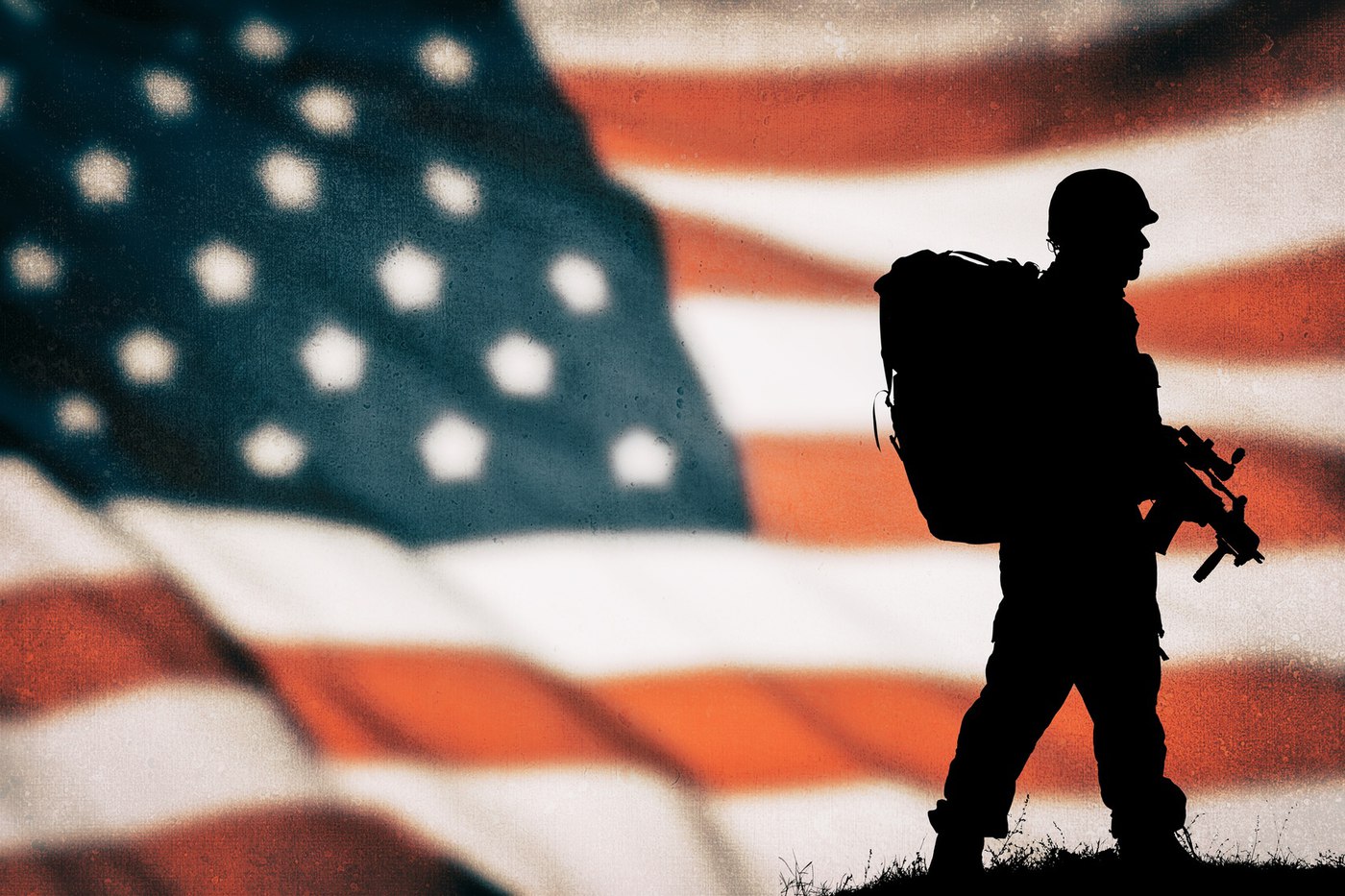The Urgent Need for Financial Help for Veterans
November 8th, 2016 | 2 min. read

 This Veterans Day, we would like to raise awareness about the critical need for financial help for veterans.
This Veterans Day, we would like to raise awareness about the critical need for financial help for veterans.
Veterans Day is observed on November 11, regardless of what day of the week on which it falls. This date goes back to World War I when an armistice between Allied forces and Germany went into effect on the eleventh hour of the eleventh day of the eleventh month.
Since then, this date has been established as the day of the year to formally recognize and thank all those who served to keep us safe. Often around this date, too, the challenges our veterans face are highlighted in the media. Namely, the need for more funding and improved government services.
Certainly, greater funding and efficiency for the U.S. Department of Veterans Affairs can help the individual lives of many veterans, especially when it comes to physical and mental health care. But, there are many challenges veterans face on a personal level that may not be easily treated through legislative solutions.
One important challenge is the need for financial help for veterans. Service members tend to suffer from financial troubles at a much higher rate than civilians. And, experts consider financial struggles as a contributor to the veteran suicide rate.
Consider some of the alarming data compiled from research on veterans’ financial affairs:
- Financial problems are the second-largest source of stress in service members’ lives behind career concerns but ahead of deployments, war and family. (Department of Defense)
- Service members are almost twice as likely to carry some credit card debt from month-to-month (58%) than civilians (34%) (The National Foundation for Credit Counseling and Pioneer Services)
- Twice as many service members as civilians have paid less than the minimum required payment in the last 12 months (6% for service members versus 3% for civilians) (idem)
- A majority (55%) believe they are ill-prepared for a financial emergency (idem)
- Military veterans who report having relatively minor financial problems, such as bouncing a check or going over their credit limit, are four times more likely to become homeless within the next year than veterans without such problems (American Journal of Public Health)
Despite resources designed to assist veterans – the National Association of American Veterans, the U.S. Soldiers Foundation and USA Cares – and the Thrift Savings Plan, a federally sponsored retirement account like a 401(k), many veterans are not getting the help they need to make good financial decisions.
The American Journal of Public Health study found around 30% of veterans had gone over their credit limit, bounced or forged a check, been reported to a collection agency or fallen victim to a financial scam within the last year.
The biggest obstacle service members experience when returning home is finding a job as a civilian, according to a survey by Prudential Financial Inc. for the Iraq and Afghanistan Veterans of America.
Finding a job in the military can be a challenge, too. The military requires credit checks as a security precaution for certain jobs. Therefore, debt problems prevent some veterans from acquiring the security clearances necessary for a career in the military.
And, while returning veterans can utilize VA benefits to support themselves, the average wait time for that money can be one year or longer.
All of this underscores the importance of financial help for veterans as well as help in all areas of their lives. As a veteran, it may be difficult to ask for help after spending many years leading and helping others. But, as a friend or family member of a veteran, it’s not difficult to ask “Are you doing okay?” and then guide that person toward the help he or she may need.
Finally, we should all keep America’s veterans in our minds and hearts, regardless of what day of the year it is.
Advance Capital Management is a fee-only RIA serving clients across the country. The Advance Capital Team includes financial advisers, investment managers, client service professionals and more -- all dedicated to helping people pursue their financial goals.
